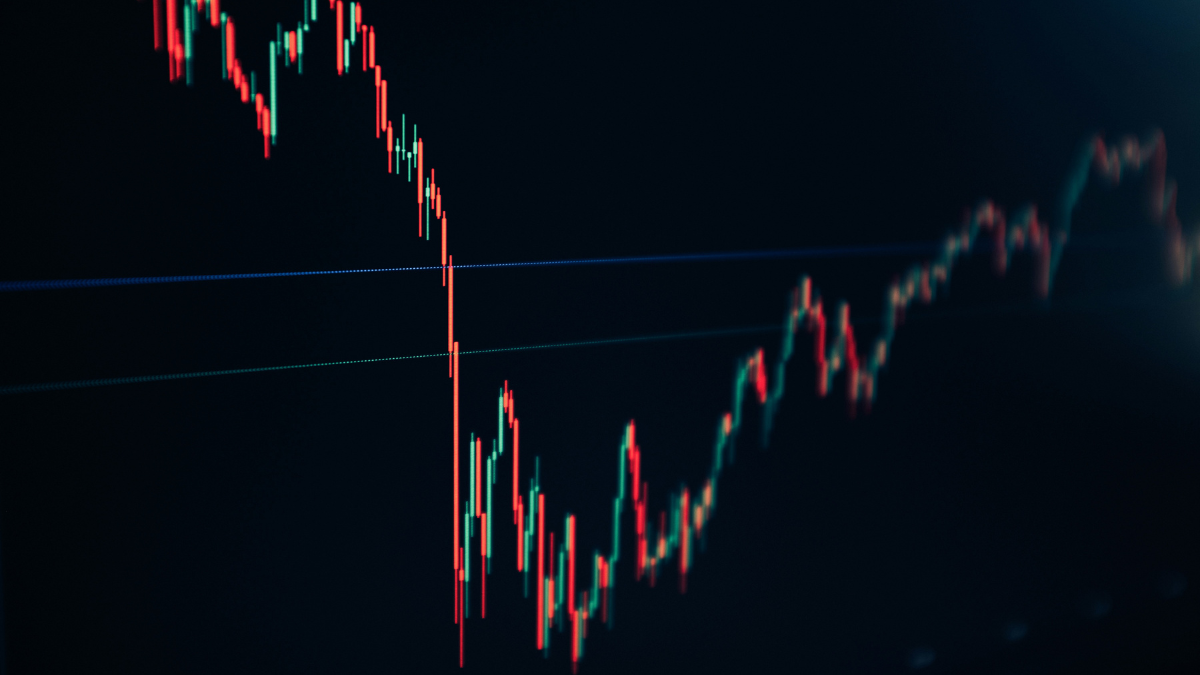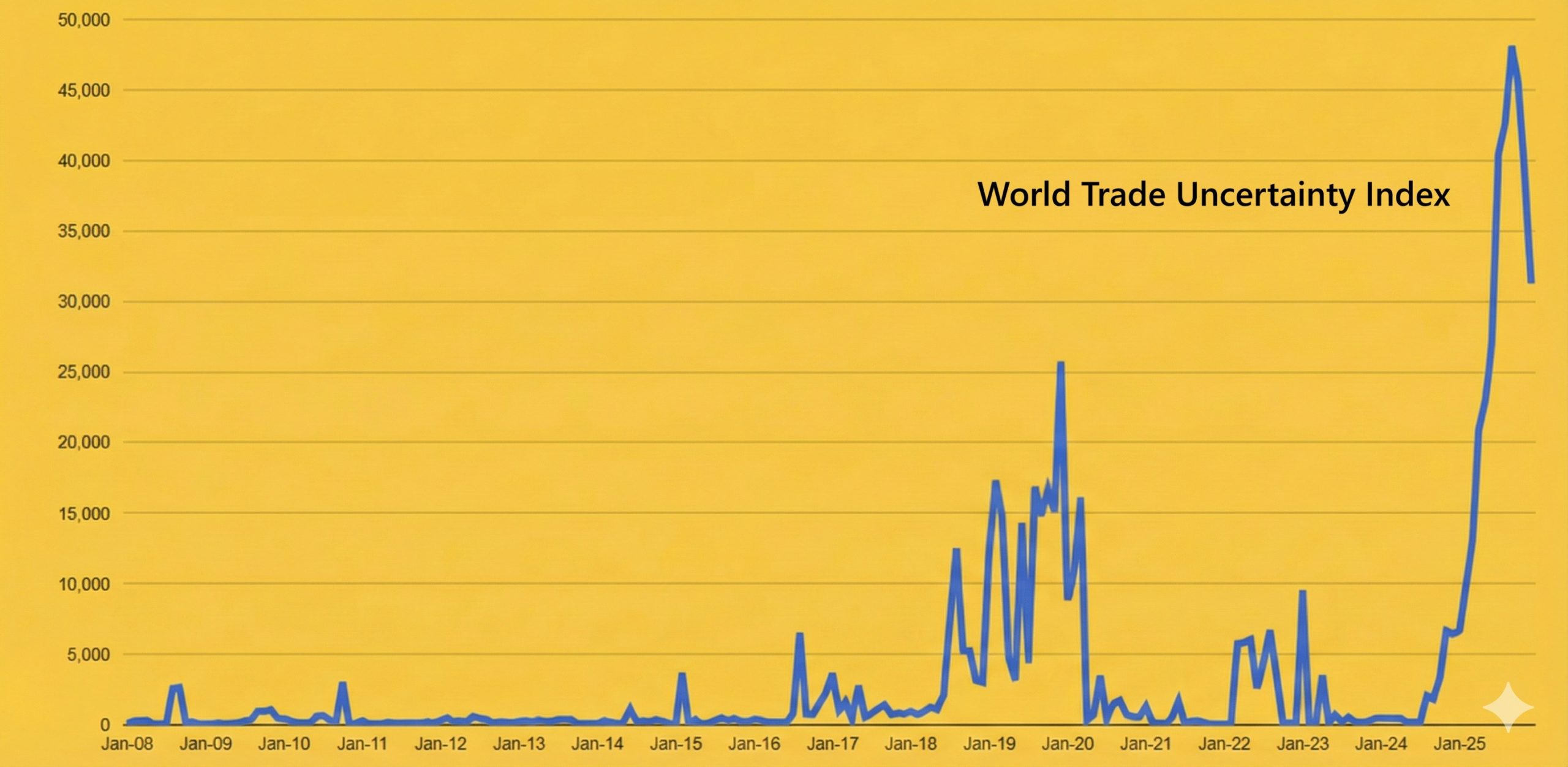Strongly-worded posts by mega influencers can hit a company’s stock returns — but only for up to four trading days.
According to a study published in European Financial Management, the most conspicuous social media posts by the top influencers can sway the market value of a company the next day by 0.5%.
But the influence of the post does not last long, and after four days, the cumulative abnormal return effects for the company are insignificantly different from zero.
‘While top influencers have the ability to affect company returns by extreme sentiment posts, the effect is very short-lived and this may well reflect the involvement of noise traders,’ write the authors.
Noise traders, the authors explain, are more likely to make trading decisions based on emotions, market rumours and social media posts, while informed traders follow economic indicators and make decisions based on company financials and market trends.
The researchers analysed over 16 million Instagram posts by mega influencers (those with at least 1 million followers) for the paper, and focused on two variables: abnormal sentiment and the number of comments that the posts attracted.
Abnormal sentiment looks at the difference between the average sentiment score of an influencer’s posts and that of their post about a specific company.
‘We employ sentiment to measure the positive or negative tone of a post by an influencer, specifically using abnormal sentiment, because a change from the normal level is more likely to be noticed by an influencer’s followers,’ write the researchers.
In addition to these two variables, the researchers used data from Wikipedia Views to gauge how much attention retail investors paid to a particular post about a company, and the Bloomberg News Heat index for institutional investors’ attention.
The results showed that Wikipedia’s page views were influenced by the number of comments that a post about a company received, while the Bloomberg News Heat index was marginally influenced by the excess number of comments, relative to the average, on a post.
‘This implies that influencers only marginally change institutional investors’ attention, which is not surprising given that posts are expected to draw institutional investor attention to a lesser extent compared to retail investors, who are more likely to behave, like, noise traders,’ the researchers explained.
But while ‘extreme sentiment’ posts by mega influencers can affect stock returns — for a little while — in general, influencer posts about companies can drive stock trading volume and volatility, but do not tend to lead to abnormal stock returns.
Considering their findings, the researchers advise companies to be cautious when collaborating with influencers, noting that ‘while an influencer marketing strategy can bring substantial benefits’, it also poses risks since influencers and their posts cannot be controlled.
They also argue that extreme sentiment posts may require monitoring and regulation since they have ‘the potential for abuse’.
Mega influencer Kim Kardashian paid a $1.26 million fine to the US Securities and Exchange Commission in 2022 after advertising a crypto company’s tokens without disclosing that the post was sponsored.
‘Not surprisingly and in line with our results, in two relatively recent IPOs, firms listed influencers as a stock market listing risk factor in their offering documents,’ the researchers wrote.
Featured image: Austin Hervias / Unsplash


























